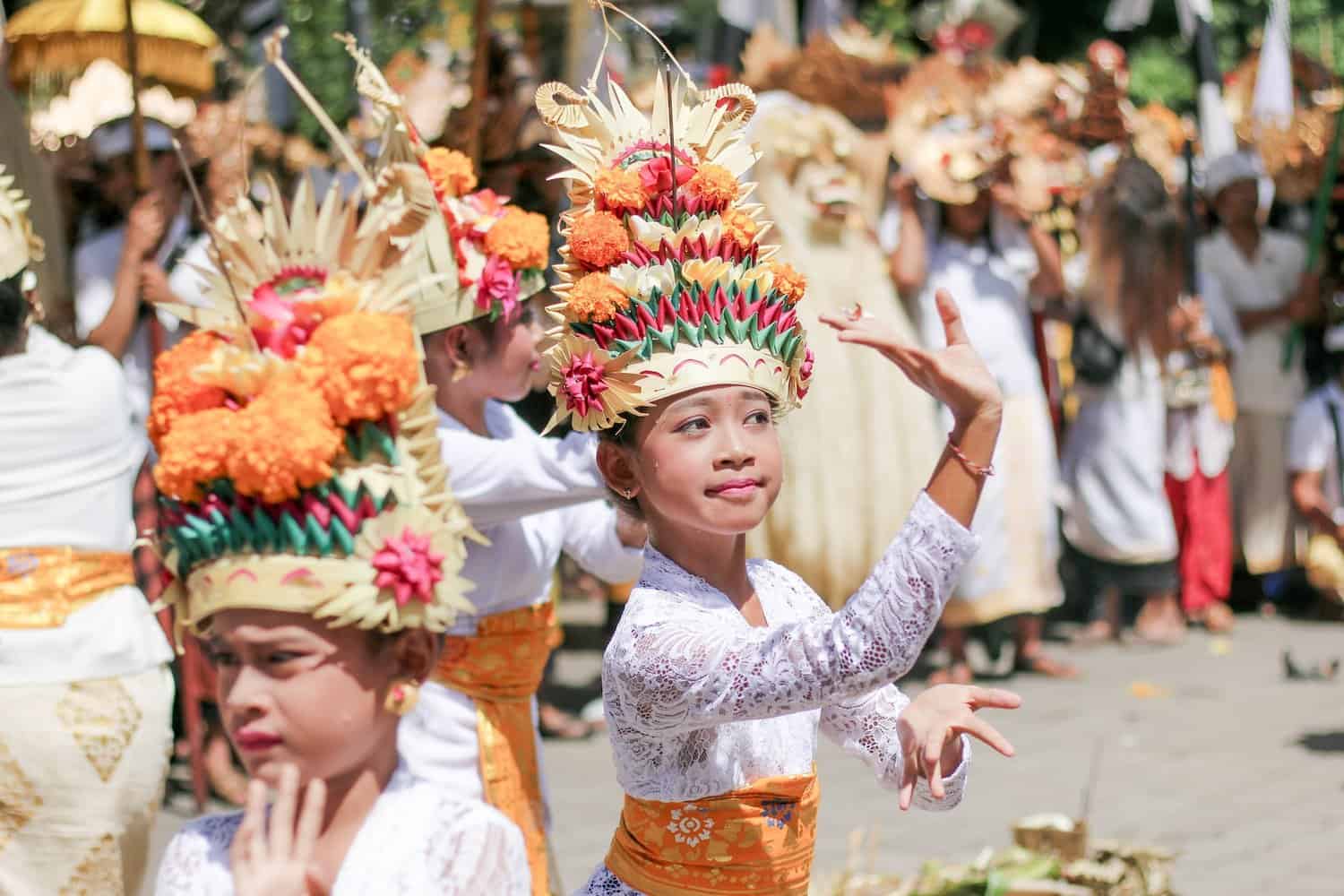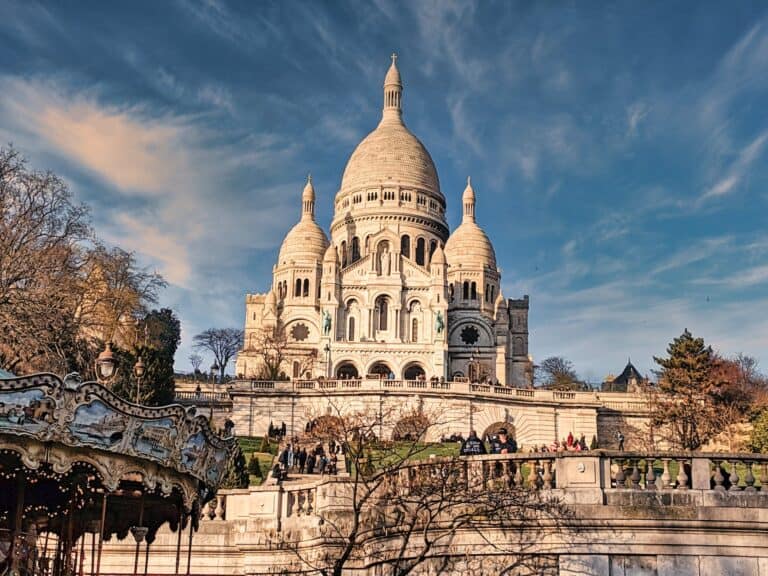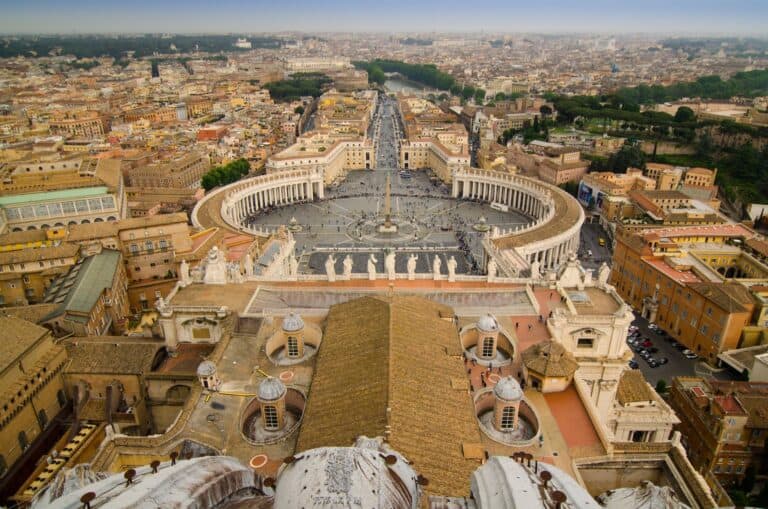Exploring the Impact of Tourism on Culture: A Global Perspective
What is the true impact of tourism on culture? As travellers, we are often enchanted by the allure of exploring new cultures and experiencing the richness of spirituality across the globe.
Yet, amidst our adventures, do we pause to consider the profound impact of our presence on these sacred lands?
The question lingers in my mind with every journey: how do we preserve the authenticity of these cultural gems in the face of increasing Westernization and tourism?
Table of Contents

Understanding Tourism’s Impact and Westernization
Tourism, often accompanied by Westernization, presents a complex challenge to indigenous cultures worldwide. While tourism brings economic opportunities and cultural exchange, its rapid growth can threaten traditional societies.
With its spread of Western values and lifestyles, Westernisation can homogenise diverse cultures. As destinations cater to Western preferences, they risk losing their unique heritage and authenticity.
Moreover, tourism can disrupt local customs and social structures, commodifying culture and marginalising indigenous voices. The interplay between tourism and Westernization highlights the need for sustainable approaches prioritising cultural preservation and mutual respect.
“Tourism is linked to the attractiveness of our culture, but if mass tourism threatens this culture, our specificity will disappear.”
Ida Bagus Wijaya
What Is The Impact of Tourism on Culture?
Sadly, almost all aspects of a culture can be impacted or completely destroyed by the impact of the West and tourism. It is a frighteningly long list, but here are a few key points:
- Traditional Rituals and Ceremonies: Westernisation may lead to the decline or distortion of traditional religious ceremonies and rituals as indigenous practices are replaced or overshadowed by Western customs.
- Language and Indigenous Knowledge: Indigenous languages and knowledge systems are often marginalised in favour of Western languages and education systems, resulting in the loss of cultural heritage and wisdom.
- Sacred Sites and Landscapes: Commercialising holy sites and landscapes can desecrate their spiritual significance, turning them into tourist attractions devoid of their original cultural and spiritual meaning.
- Community Cohesion and Social Structures: Westernization may disrupt traditional social structures and cohesion, as individualism and consumerism erode communal values and interdependence.
- Arts and Crafts: Traditional arts and crafts may face extinction or commercialisation as Western tastes and mass production replace authentic craftsmanship and cultural expression.
- Healing Practices and Traditional Medicine: Western medical practices may marginalise or suppress Indigenous healing practices and traditional medicine, diminishing access to culturally relevant healthcare.
- Cultural Identity and Self-Expression: Westernisation can undermine cultural identity and self-expression, as Western norms and ideals become dominant, leading to cultural assimilation and loss of cultural diversity.
- Sustainable Relationship with Nature: Indigenous cultures often have deep spiritual connections to the natural world, which may be threatened by Westernization’s emphasis on exploitation and commodification of nature.
- Inter-generational Transmission of Knowledge: Westernisation can disrupt the transmission of cultural knowledge and values, as younger generations prioritise Western lifestyles and values over traditional ways of life.
- Spiritual Beliefs and Practices: Traditional spiritual beliefs and practices may be stigmatised or marginalised in the face of Western religious influences, leading to the erosion of spiritual traditions and values.
Read our Post on Sustainable Tourism Options in Mexico Here!
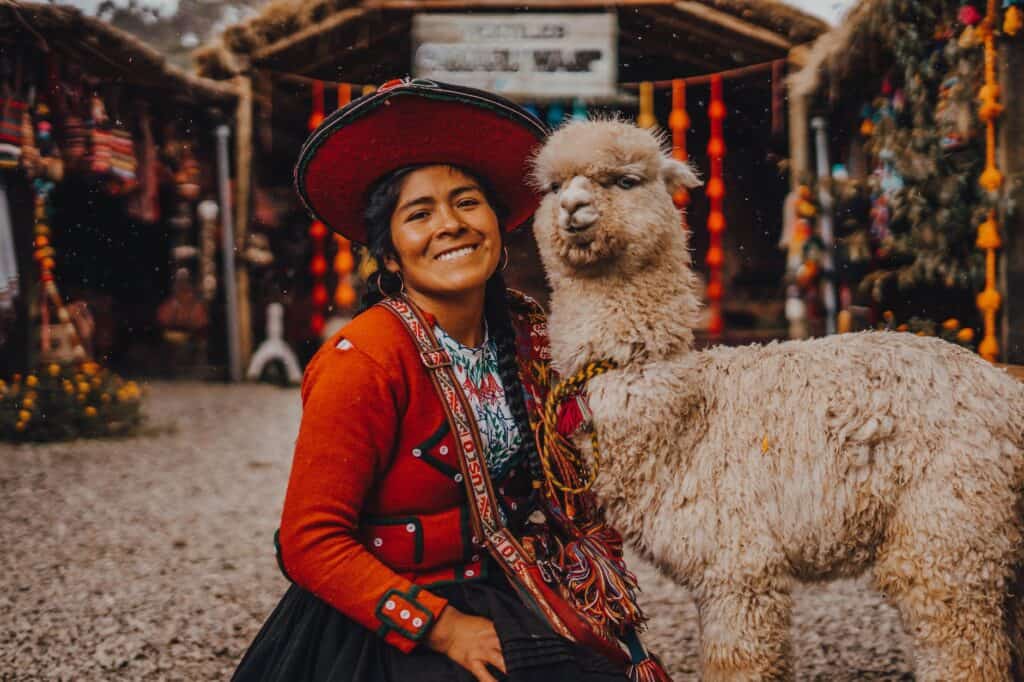
Bali: The Impact of Tourism on Culture
Bali is fast becoming one of the world’s most densely populated islands and is starting to burst at the seams. It was listed as an over-tourism destination in 2023.
From January to December 26, 2023, Bali welcomed a staggering influx of visitors, with more than 5.2 million international tourists and over 9.4 million domestic tourists, as the Bali Tourism Agency reported.
I venture to Bali often myself and often feel guilty for being one of the tourists contributing to this mass influx. The infrastructure is beginning to struggle.
Bali tourism has snowballed in recent years due to influencer cultures, such as on Instagram and TikTok. The island has been growing at a rate it cannot handle sustainably.

Between my second and third years of university, Bali was a quest for knowledge and a profound exploration of design influenced by spirituality and nature. Bali’s architecture, deeply rooted in its cultural and religious heritage, fascinated me. From traditional homes to luxury villas, the island seamlessly integrates spirit with man-made structures, creating an atmosphere of tranquillity and harmony.
However, amidst Bali’s architectural marvels lies a growing tension between preserving tradition and catering to Western expectations. The influx of tourism has led to a proliferation of hotels, restaurants, and shops, each striving to capture the island’s essence while meeting the demands of a global audience.
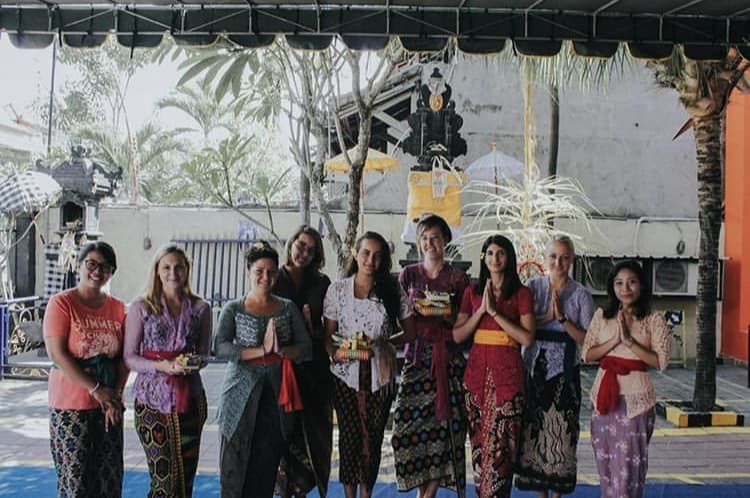
Balancing cultural integrity with economic growth has become a delicate dance that requires thoughtful consideration and strategic planning.
Ida Bagus Wijaya, president of the Bali tourist information office, aptly captures this dilemma: “Tourism is linked to the attractiveness of our culture, but if mass tourism threatens this culture, our specificity will disappear.”
The Balinese people, deeply rooted in their religious practices, face the challenge of maintaining their traditions in rapid modernisation. Similar struggles unfold in cultural hotspots worldwide, where the allure of economic prosperity clashes with the preservation of heritage.
A Global Phenomenon: Navigating the Impact of Mass Tourism
Sadly, Bali is not alone in its war against tourism. Bali’s plight mirrors a broader trend observed globally since the 1960s. Local communities grapple with the consequences of unchecked development as destinations become magnets for tourists seeking exotic experiences.
From Machu Picchu in Peru to Kyoto in Japan, iconic sites face the dual pressures of preservation and commercialisation.
Visitors have strained Machu Picchu’s fragile ecosystem and cultural heritage, once a secluded Incan citadel. Similarly, Kyoto’s historic neighbourhoods contend with modernity’s encroachment, threatening the essence of traditional Japanese living.
These examples underscore the universal challenge of safeguarding cultural identity amid the forces of globalisation.
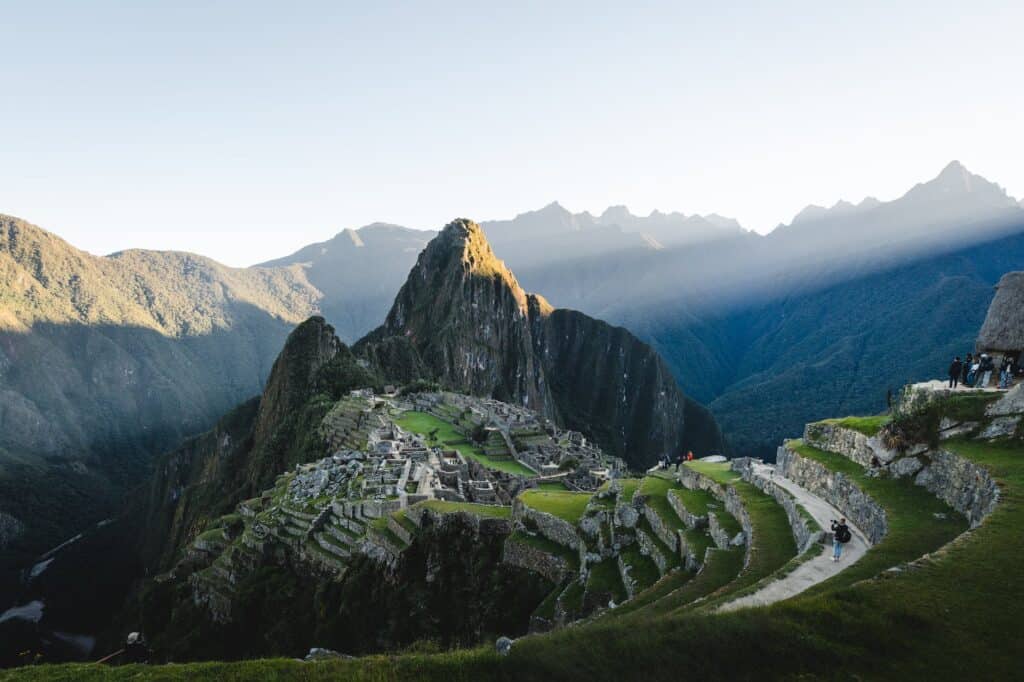
Lessons Learned and Paths Forward: Toward Sustainable Travel Practices
As I immersed myself in Balinese culture, I couldn’t escape the sobering reality of its vulnerability. The allure of economic prosperity has led to the commodification of tradition, endangering the very essence of what makes Bali unique.
Moreover, the events of 2020 have exposed the island’s overreliance on tourism, highlighting the urgent need for diversification and sustainability.
Yet, amidst these challenges, there is hope. Communities worldwide are mobilising to reclaim their cultural heritage and promote sustainable tourism practices.
Initiatives such as community-based tourism and eco-friendly accommodations offer promising alternatives to mass tourism. We can chart a more responsible path forward by prioritising cultural preservation and environmental stewardship.
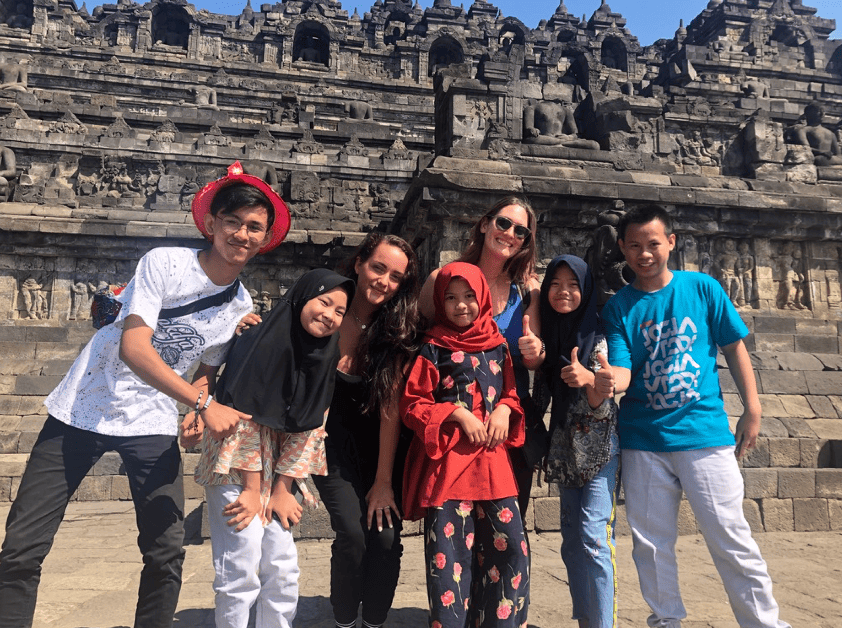
Sustainable Tourism Tips:
- Support Local Businesses: Opt for locally-owned accommodations, restaurants, and local tour operators to contribute directly to the community’s economy.
- Respect Cultural Norms: Familiarise yourself with the customs and traditions of the destination and adhere to them respectfully during your visit.
- Minimise Environmental Impact: Choose eco-friendly transportation options such as walking, cycling, or public transit, and minimise waste by having a reusable water bottle and shopping bag.
- Conserve Resources: Conserve water and electricity in your accommodations and support initiatives that promote sustainable resource management.
- Engage with Local Communities: Immerse yourself in the local culture by participating in community-based tourism activities, homestays, or cultural workshops.
- Educate Yourself: Learn about the history, heritage, and challenges faced by the local community, fostering a deeper understanding and appreciation for their way of life.
- Leave No Trace: Leave natural and cultural sites as you find them, refraining from littering, graffiti, or damaging historical artefacts.
- Offset Carbon Footprint: Consider offsetting your carbon emissions through reputable carbon offset programs to mitigate the environmental impact of your travel.
- Support Conservation Efforts: Contribute to conservation projects and initiatives to preserve cultural heritage sites, biodiversity, and natural landscapes.
- Spread Awareness: Share your sustainable travel experiences and encourage others to adopt responsible tourism practices to protect and preserve destinations for future generations.
Conclusion: Embracing Cultural Diversity, Preserving Spiritual Legacy
In pursuing exploration and discovery, let us remember the sacred responsibility we bear as travellers. Our choices have the power to shape the destiny of cultures and communities around the world.
In an era of global connectivity and wanderlust, sustainable travel has emerged as a guiding principle for conscientious explorers.
As we embark on journeys to distant lands, we must preserve the cultural richness and authenticity of the places we visit.
Sustainable tourism is not merely a trend but a mindful approach that seeks to minimise negative impacts on culture while maximising positive contributions to local communities and environments.
By embracing sustainable travel practices, we can embark on transformative journeys that honour the heritage of our destinations and foster mutual respect and understanding across borders.
As we venture forth, may we tread lightly, honouring the rich tapestry of humanity’s collective heritage. For in preserving culture and spirituality, we safeguard the soul of our shared humanity.

